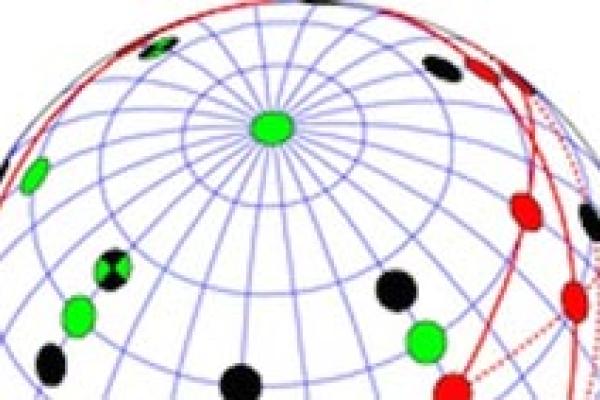Article

What is the role of the observer in quantum mechanics? Plus talks to David Wallace and Adrian Kent
Quantum mechanics seems to suggest that passive observation is impossible: the very act of looking at something can change what's being looked at. In this video interview, we talk to David Wallace and Adrian Kent to find out more.





